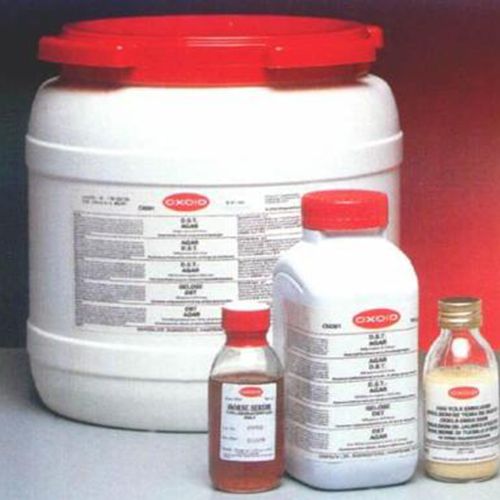Follicle stimulating hormone a hormone secreted by basophil cells in the
anterior pituitary gland and composed of glycoproteins. The main function is to
promote follicular maturation. Human follicle stimulating hormone promotes
follicle granulosa cell proliferation and differentiation, promoting the growth
of the entire ovary. Acting on testicular convoluted spermatozoa can promote
sperm formation. FSH injection only increased the number of follicles and had no
effect on follicular maturation. The hypothalamus secretes a
follicle-stimulating hormone releasing hormone that controls the secretion of
follicle-stimulating hormone. During the menstrual cycle, the blood
concentration of FSH and the daily amount of FSH excreted by the urine vary with
the cycle. After menopause, the amount of FSH excreted in blood and urine
increases.

Secretory feedback regulation
In women, follicle stimulating hormone is closely related to ovulation, and
its level is a direct response to the state of ovarian function. The pituitary
gland secretes follicle stimulating hormone, which circulates through the blood
to the ovaries, stimulating follicle growth and participating in follicle
recruitment. In menstrual cycle 2-3 days begin to secrete, pulsed release, about
once every minute secretion peak, stimulate follicle growth, and make the
particles within the follicle cells grow mature, secrete estrogen, part of
estrogen to enter blood circulation, the hypothalamus and pituitary gland
produces feedback to the low concentration of estrogen, more
follicle-stimulating hormone secretion, stimulate the granular cell, make
estrogen secretion increased, eventually reached the peak before ovulation,
start the LH secretion, trigger ovulation. Peak estrogen levels suppress
follicle stimulating hormone secretion by the pituitary gland and begin the
luteal phase of the ovary, where follicle stimulating hormone levels gradually
decrease until the menstrual period reaches the baseline and the next secretory
cycle begins.